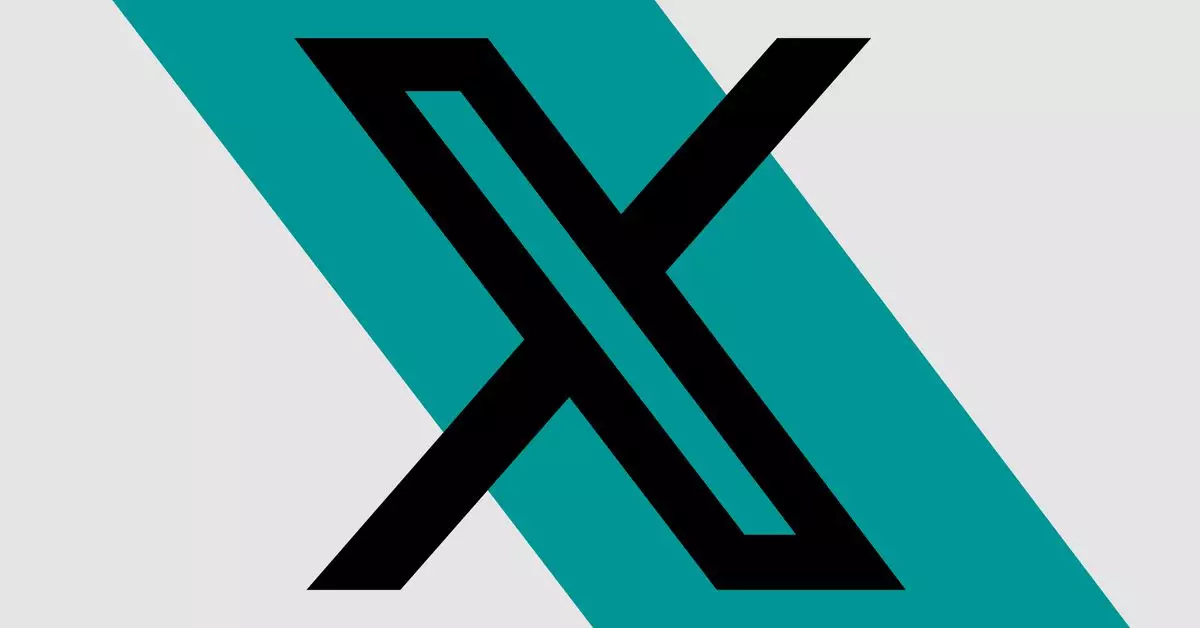The recent decision by a panel of five Brazilian Supreme Court justices to uphold a ban on access to the X service, formerly known as Twitter, has sparked significant debate and controversy. Justice Alexandre de Moraes issued the ban in response to X owner Elon Musk’s refusal to comply with court orders, leading to a division among the justices.
While three justices fully supported de Moraes’ ruling, one justice expressed reservations about imposing fines on individuals using VPNs to circumvent the ban. The differing opinions among the justices highlight the complexity and contentious nature of the issue at hand.
The ban on X has prompted Brazilian users to flock to competing platforms, resulting in a surge of new accounts. This mass exodus has forced some businesses, such as news organization Poder360, to relocate their X account management to other countries.
Tech companies operating in Brazil, such as Starlink, have faced challenges complying with the ban. Starlink has refused to adhere to the directive until its assets are unfrozen by the court, raising questions about the enforceability and practicality of such restrictions on multinational corporations.
The decision to limit access to the X service raises important legal and ethical considerations. While the court seeks to enforce compliance with its orders, concerns have been raised about the potential infringement on freedom of speech and expression, as well as the practicality of policing online content in the digital age.
The decision to limit access to the X service in Brazil has far-reaching implications for both users and businesses operating in the country. The divergent viewpoints among the justices, the challenges faced by tech companies, and the broader legal and ethical considerations surrounding the ban underscore the complexity of regulating online platforms in an increasingly interconnected world. Ultimately, striking a balance between regulatory authority and individual rights will be crucial in addressing the evolving landscape of digital communication.

